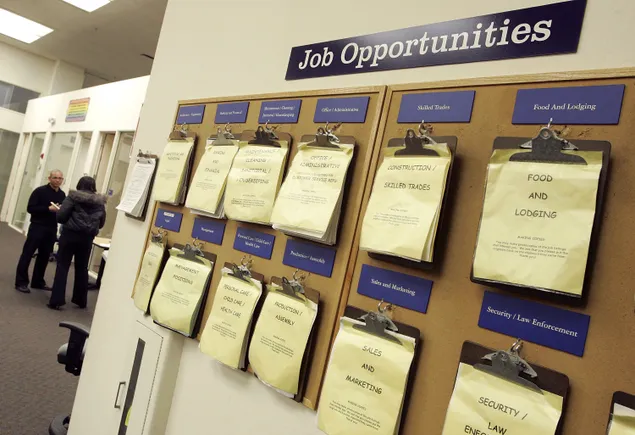In my last post on adapting to chaos I asked — what changes in our sensemaking practices should we incorporate to adapt to a world that is often more chaotic than complex? I received 12 comments here and another ten comments on LinkedIn. Confusion was one theme commented upon and Chris Corrigan referenced an excellent post on that topic — escaping confusion.
In the domain of Confusion the first and most important action, I believe, is an awareness that you are there. Without awareness you are lost. Any action that you undertake from that place is likely to be based on conditioning without any sensitivity to your context and that can be incredibly dangerous. In fact if you look at Dave’s central domain map you will see that Confusion is adjacent to the Clear, Complicated, and Chaotic domains. The division of the central domain into Confusion and Aporia implies that you cannot get to Complex from Confusion without taking what Dave [Snowden] calls the Aporetic Turn.
Nollind Wachell, with whom I had many discussion on Google+ several years ago, commented that, “In effect, often true growth and development doesn’t occur without some form of pain and suffering because it’s needed to wake a person up, slow them down, and help them perceive and see things that they were blind to before. Something that I think needs to happen (ie an awakening) in not just America but in many places around the world, Canada included.” Perhaps we need the shock of confusion in order to move toward Aporia and then wake up. Nollind also suggested a 2007 MPRA paper, Triple-Loop Learning as Foundation for Profound Change, Individual Cultivation, and Radical Innovation.
Michele Martin, another old friend, joined us and commented that, “So much of our focus is on intellectual sensemaking, but what people are actually experiencing is visceral — disorientation, exhaustion, and the feeling that the ground is shifting beneath their feet.”
And sensemaking in chaotic times isn’t just about thinking differently. It’s about moving differently—learning how to orient when the ground keeps shifting, how to keep going when there’s no clear map, and how to hold confusion without collapsing into fear or false certainty. I’ve begun calling this process Wayfinding—the practice of learning how to move through uncertainty when guarantees are gone and stable ground is nowhere to be found. Wayfinding isn’t about fixing chaos or forcing clarity; it’s about developing a new relationship with the unknown. The question isn’t just ‘how do we make sense of this?’ but ‘how do we live inside it?”
I like the idea of wayfinding instead of sensemaking. It reminds me that in unexplored territory a compass is more important than a map. I think we will all have to get used to a sense of disorientation for the time being. Shaun Coffey, another good friend, recommended this book: Wayfinding Leadership: Groundbreaking Wisdom for Developing Leaders.
We guide you on a leadership development journey that requires stepping into the unknown, developing sharper powers of observation, being more comfortable with uncertainty and finding new and better ways to tackle situations, relying not only on rational thinking, but also on the much broader sets of intelligence with which each of us is endowed. A way finder leader is motivated by curiosity and is steeped in wonder. Wayfinder leaders look to develop everyone’s potential and have an abiding belief that ‘we are in the waka together’.
Later in the discussion I referred to this poem that I often share at the end of my PKM workshops.
He is quick, thinking in clear images;
I am slow, thinking in broken images.
He becomes dull, trusting to his clear images;
I become sharp, mistrusting my broken images.
Trusting his images, he assumes their relevance;
Mistrusting my images, I question their relevance.
Assuming their relevance, he assumes the fact;
Questioning their relevance, I question the fact.
When the fact fails him, he questions his senses;
When the fact fails me, I approve my senses.
He continues quick and dull in his clear images;
I continue slow and sharp in my broken images.
He in a new confusion of his understanding;
I in a new understanding of my confusion.
—Robert Graves (1885) In Broken Images






















